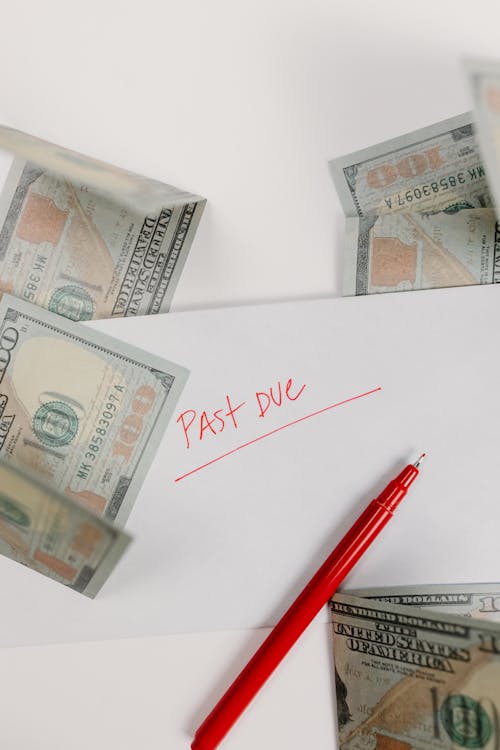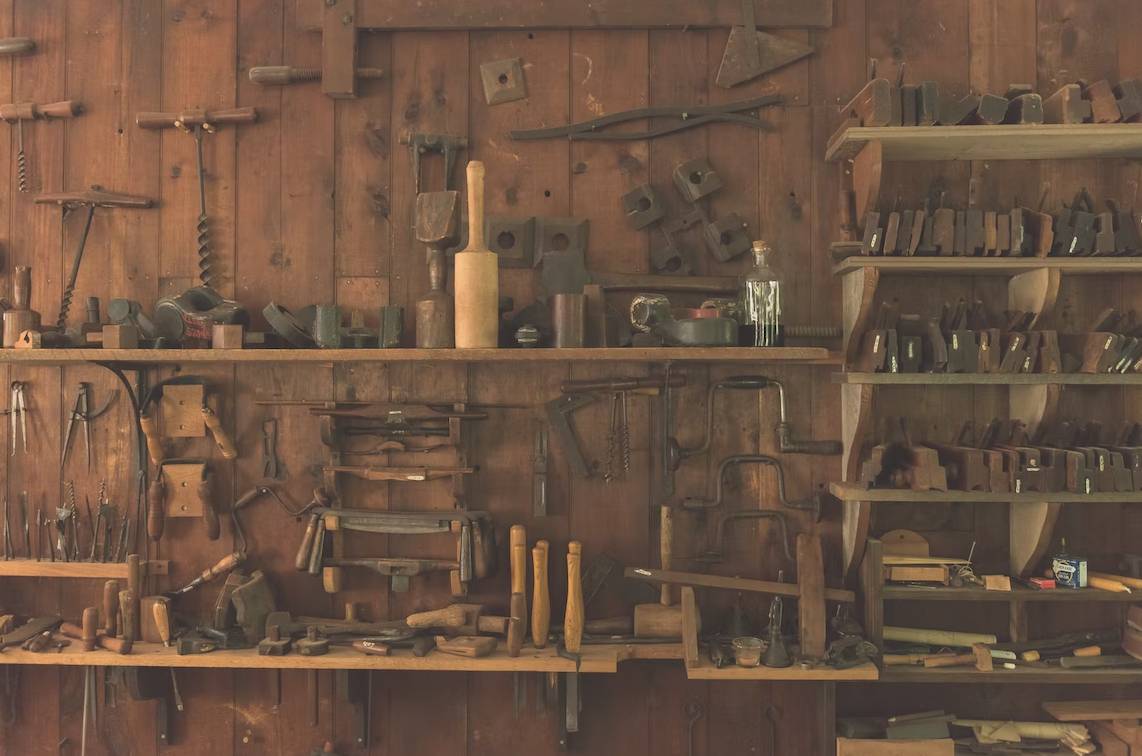
Did you know that even if you are pre-approved for a mortgage , your credit score can still prevent or delay you from getting said loan? While it's unfair, this is the harsh reality many people face. But what exactly is a credit score and how does it affect getting a home? Keep reading to unravel the mystery of your credit score.

What Is a Credit Score?
A credit score is an assessment of your ability to repay debt at any given time. It's often referred to as FICO or similar, named after the mathematical model used by Fair Isaac Corporation that calculates this rating. FICO scores are only one type of credit score — there are many other scoring models out there — but it's by far the most popular.

How Your Score Is Calculated
There are five main factors that go into your credit score: payment history, credit utilization, length of credit history, new credit, and types of credit in use. These make up what is known as your credit report. Personal details, such as age, civic status, and income are not included in this report. Your FICO score is based on these factors.

The higher your score, the better off you are financially because you're given more options by lenders to receive lower interest rates or qualify for certain financial products like credit cards or mortgages. On the other hand, having a low score puts you at risk of paying high interest rates even if you have stellar credit history.

Figuring Out Your Score
It's not always easy to get your hands on your individual FICO score , although there are many companies and websites out there that offer this service for a fee. More often than not, you're offered three general credit scores that pertain to your report. These are known as VantageScores , which look at the information in the following categories: payment history (35%), debt load (30%), length of credit history (15%), new credit (10%), and types of credit in use (10%).

The Best Ways to Improve Your Score
One of the best ways to start improving your credit score is by checking it and establishing a good payment history. You'll want to keep in mind that lenders look at more than just your score when deciding whether or not to give you a loan, so you should also watch out for any red flags on your report such as late payments or maxed credit cards.

Another way to better your score is by not applying for new credit cards or loans too often, because it can make you look like you're in financial distress. However, setting up automatic payments with your bank for bills like rent and utilities does not affect your standing with lenders .
The most important thing to remember is that your credit score does not tell the whole story about you. It is just one of many factors that go into making a well-rounded decision when lending money to potential borrowers.

Just because you have a low score doesn't mean you can never get a home or car loan, but it will take more effort on your part to prove that you're responsible when it comes to money.
You may not think that your credit score impacts much in your life. But when it comes to buying a home, you need to have good credit if you want the best mortgage rates and lowest down payment requirements. The average American with a 620 FICO® Score pays an extra $9,000 over 30 years on their mortgage than someone who has a 720 or higher FICO® Score.

That’s because those with better credit typically get rewarded with lower rates than those with lower credit scores. While this may not sound like a big deal, the difference of half percentage point can add up over time depending on how much money they borrow from banks for mortgages and other loans so it is important to keep your eye on these numbers!


Jan 24,2025

Nov 27,2022

Nov 20,2022
